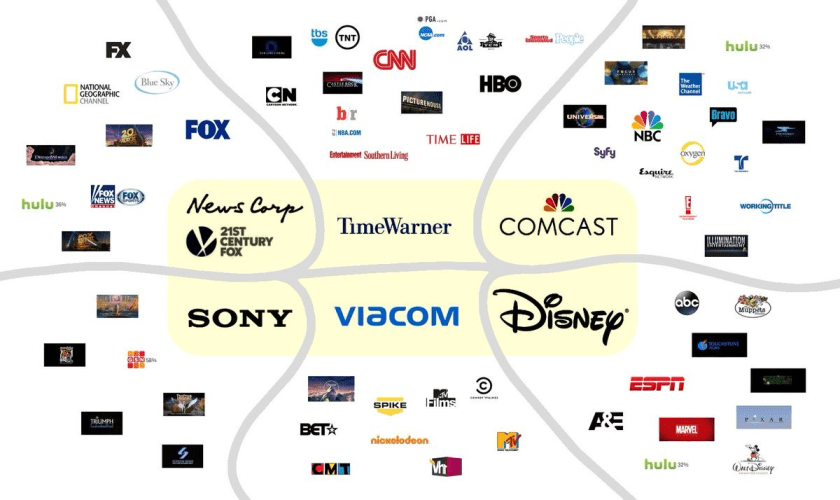Iranians just observed the 40th anniversary of the establishment of a theocratic state by the Ayatollah Khomeini. What lessons are there for us in this social experiment so at odds with the trend of modernity?
The Ayatollah and his followers and admirers practice Shi’a Islam, which originated among the Arabs as a consequence of arguments over who should lead the community of Muslims after the death of the Prophet Muhammad. But it seems to me the Shi’a faith found its deepest roots among the Iranians, an Indo-European people who over many centuries expressed themselves in the Persian Empire and successive regimes. Persian influence spread into what is now Iraq, where the Shi’a faith first grew into importance.
So perhaps it is not a coincidence that there are striking similarities between Indo-European Zoroastrianism, practiced in Persia for centuries, and Shi’a beliefs. The similarities pose a challenge to my understanding of ethics and right-minded, decision-making in a pluralistic, human community where human frailty and error are the norm.
Pluralism denies enforcement of any claim to possession of absolute truth and to the associated right to compel others to submit to such truth on pain of punishment or death.
Human frailty and error raise doubts as to the accuracy of any person to his or her claim to possession of the single, absolute truth.
Modernity, with its rationality and privileging of critical analysis, has pretty well exposed assertions to the possession of ultimate truth as pretentious. Nihilism is the current foundation of our authority to assess faith-based beliefs, leaving us intellectually in a live-and-let-live world community.
Perhaps as early as the second millennium BCE, Zoroaster, in what is now Iran, wrote poems (the Gathas) setting forth his perception of truth and reality. He believed there was a created cosmos, a divine order, which was good and true (Asa) but that there were oppositional forces (Druj) of ignorance and evil thinking which threatened that order with chaos. There was good in the world but he believed that it could be corrupted. Experienced life for him was a struggle between the tendencies towards good and right order and the tendency towards evil and chaos.
Humans had free will but were fallible. Our lot was to choose between either of two irreconcilable extremes: truth or lies; good or evil.
For Zoroaster, there was only one true path. All others were inferior. That path was to think good and do good, to be a co-worker with the spirit of Asa and so refresh creation.
In Shi’a faith, there is a conviction about ismah – that there are those without fault who are free from error and only they can show us to the right path with its right thought and right deeds.
Refusing to follow the path aligns such a reprobate with evil forces, with Satan. Thus, for the Ayatollah Khomeini, the United States was the “Great Satan” in the world, deserving unrelenting opposition until its power was fully suppressed for the good of creation.
Secondly, there is a calling among the Shi’a to direct others towards the good and away from evil.
Shi’aism points us towards a bipolar reality of only good and only evil, where toleration gives in to corruption and evil and compromise is impossible. Such a vision of life can easily justify violence against and oppression of those who are not seen as good.
It is not at all obvious to me that such bi-polarity is fundamentally good. It exacerbates our deeply rooted human tendencies to fear, despise and marginalize others.
But such bi-polar antagonisms between good and evil seem to be congenital to modern revolutions, from the Jacobins on down. When a revolution seeks to bring society back (to re-volve) to unquestionable first principles, it sets up a reign of oppression of free will, even of terror, in the name of virtue.
In the French Revolution, at the foot of the guillotine which was about to take her life, Girondist Madame Roland cried out “Oh Liberty, what crimes are committed in your name!”
Whoever or whatever created our cosmos and us did so leaving us imperfect creatures, condemned to live within limits and frustrations but also giving us a moral sense and the freedom to use it to link ourselves to others and to our surroundings in constructive and life-giving ways.
Reading the Qur’an has encouraged me to think that one can hold to an absolute truth, if at the same time one does not tread far from humility. Qur’an guides us to avoid Shirk, or making of ourselves, or anything else for that matter, the equal or partner of God.
The Old Testament book of Micah instructs us “to act justly and to love mercy and to walk humbly with your God.”
Aristotle thought that finding the Mean was the basis of ethics and that we needed inner strength (virtue) to do just that.
In the Confucian tradition, we find the Doctrine of the Mean, which advised us to keep to the balance of the Tao. And Buddha taught us in his first sermon to avoid extremes and find the middle path.
Our colleague Klaus Leisinger, by coincidence, just sent me this quote from Dietrich Bonhoeffer:
“Responsible action is no longer fixed from the outset and once and for all but is born in the given situation. It is not a matter of implementing a principle that ultimately breaks with reality but of grasping what is necessary, what is ‘commanded’ in the given situation. It must be observed, weighed, evaluated, all in the dangerous freedom of one’s own self.”
At the Caux Round Table for Moral Capitalism, we seek to follow this wisdom – to find principles of the good which must be applied in life in context where a humble, open-minded consideration of conditions avoids extreme judgmentalism and inflexibility.




